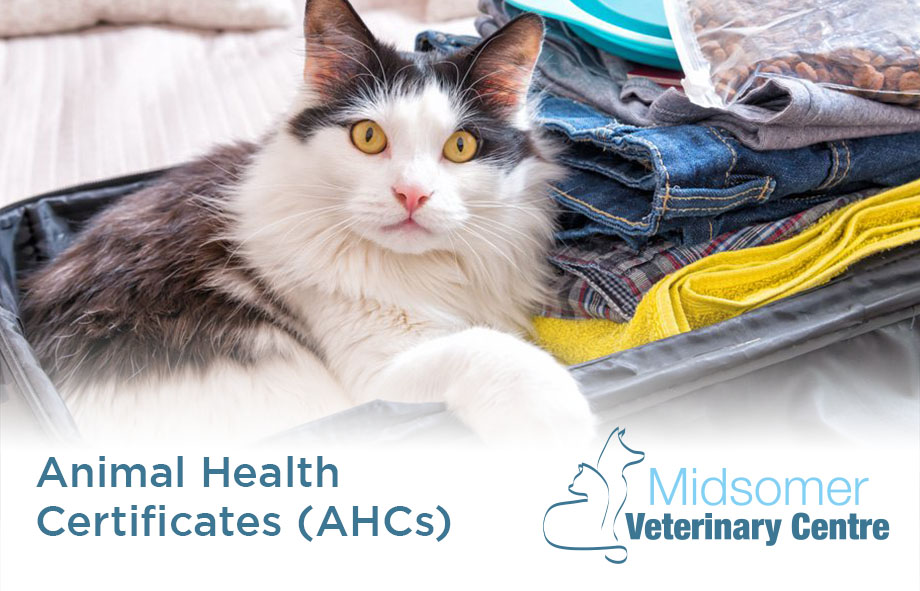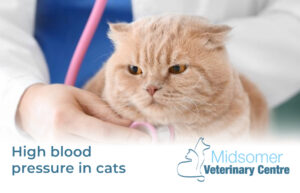Traveling with pets can be a rewarding experience, but it requires careful planning and adherence to specific regulations to ensure the safety and health of your pets. One of the essential requirements for international pet travel is the Animal Health Certificate (AHC). This guide provides an overview of what you need to know about AHCs and how to prepare for taking your pet abroad.
What is an Animal Health Certificate (AHC)?
An Animal Health Certificate (AHC) is a document required for pets traveling internationally. It certifies that your pet meets the health and vaccination requirements of the destination country. The AHC replaces the former pet passport system and is valid for a single trip, expiring after four months of travel or once you return to your home country.
Requirements for an AHC
To obtain an AHC, your pet must meet the following criteria:
- Microchipping: Your pet must be microchipped before or at the same time as their rabies vaccination.
- Rabies Vaccination: Your pet must have a valid rabies vaccination administered at least 21 days before travel. The vaccination must be given after the pet is microchipped.
- Tapeworm Treatment: For dogs traveling to certain countries like Finland, Ireland, and Malta, tapeworm treatment is required 1-5 days before travel.
- Veterinary Examination: A veterinarian must issue the AHC within 10 days of travel, certifying that your pet is fit to travel and meets all necessary health requirements.

Traveling to the EU
When traveling to an EU country, ensure your pet:
- Is at least 15 weeks old.
- Has a microchip and a valid rabies vaccination.
- Receives tapeworm treatment if required.
- Has an AHC issued within 10 days of travel.
- Rabies vaccination: If an owner has a valid EU passport (not UK issued), they must have their rabies vaccination in the EU (not UK) to keep the passport valid. UK vets can still give rabies vaccinations for AHCs and Export.
Traveling to Non-EU Countries
For non-EU countries, you may need an Export Health Certificate (EHC) in addition to the AHC. The EHC ensures your pet meets the specific health requirements of the destination country. An export application form (EXA) may also be necessary.
Assistance Dogs
Assistance dogs have slightly different regulations and may not need to travel via approved routes. However, it’s essential to notify authorities to ensure the appropriate checks are conducted.

Travel Tips
- Check the specific entry requirements of the destination country well in advance.
- Be aware of environmental hazards, such as hot pavements and local wildlife, that may affect your pet.
- Research local laws regarding pet behavior and restrictions.
Conclusion
Ensuring your pet has the correct documentation and meets health requirements is crucial for a smooth travel experience. An Animal Health Certificate is an essential part of this process, providing proof that your pet is healthy and ready for international travel. Ensuring your pet has the correct documentation and meets health requirements is crucial for a smooth travel experience. An Animal Health Certificate is an essential part of this process, providing proof that your pet is healthy and ready for international travel.
Want to travel with your pet?
If you’d like to travel with your pet and you need an Animal Health Certificate, just call us on 01761 412132 or email us on enquiries@midsomervets.co.uk.


